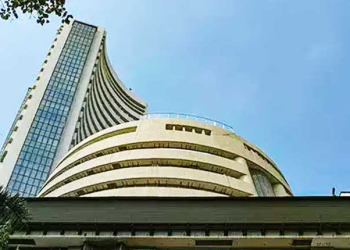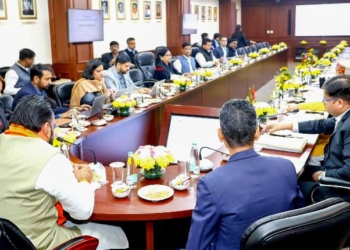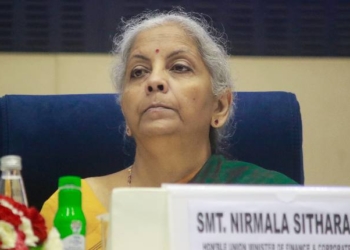The top three players worldwide — China’s BYD, Tesla and SAIC-GM Wuling — occupied 36.11 per cent of the market in 2022, according to the IDC.
Driven by improved supply, high oil prices, government subsidies and price-guaranteed promotions by car companies, China’s EV market reached almost 7 million units, with a penetration rate of 31.3 per cent.
“Top performers have bigger market share,” said Adela Guo, Research Director, Automotive Semiconductor Research, IDC Asia Pacific.
In China, the top three players, BYD, SAIC, and Tesla, occupy 53 per cent of the market.
In the China EV market, the top 10 players are dominated by local brands except for Tesla in the third position with a market share of 10.3 per cent, the report said.
According to the IDC report, to create a high-tenacity supply chain, automotive companies need to consider changing their original pure outsourcing strategy and more actively arranging upstream core components from a strategic perspective, such as investment, cooperation, self-development to enhance the control and discourse power of the industrial chain.
“The industry transition will be fast as both opportunities and challenges exist. Only by establishing advantage in advance, can the players get ahead of their competitors and win the final victory,” Guo said.
Original equipment manufacturers (OEMs) need to choose the most suitable technological route, such as low cost, time to market and superior product.
“OEMs should start as early as possible to discover their talent shortages, especially for internet and communication functions, enlarge their talent pool, try to attract global talent, and at the same time, build healthy and attractive systems to attract top talent and maintain employee satisfaction,” the report noted.
(IANS)














